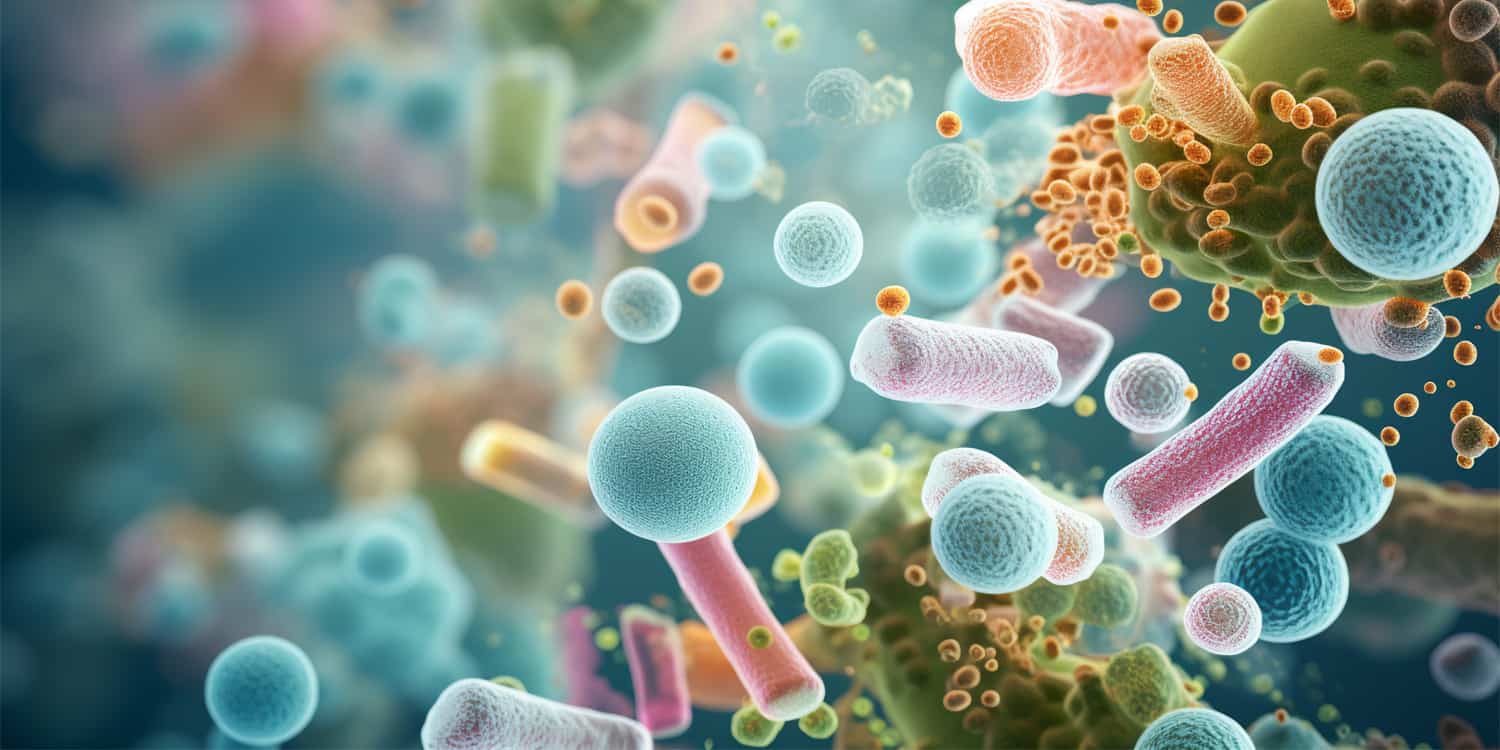A study of individuals with various psychiatric disorders found that gut microbiota composition is associated with changes in psychological functioning. Specifically, the researchers identified associations between functional domains—negative valence, social processes, cognitive systems, and arousal/regulatory systems—and the abundance of eight microbial genera in the gut. The research was published in Brain, Behavior, and Immunity.
Human behavior, psychological functioning, and neurological processes can be broadly categorized into several functional domains. One widely used framework for this categorization is the Research Domain Criteria (RDoC), developed by the United States National Institute of Mental Health. The RDoC framework defines six domains: negative valence systems, positive valence systems, cognitive systems, social processes, arousal/regulatory systems, and sensorimotor systems.
Negative valence systems involve responses to aversive stimuli such as fear, anxiety, and loss, and are implicated in conditions like anxiety disorders or depression. Positive valence systems govern processes related to reward, motivation, and decision-making, with dysregulation contributing to disorders such as addiction or anhedonia. Cognitive systems encompass higher-order cognitive processes, including attention, memory, and executive function, which are often impaired in disorders like schizophrenia or ADHD.
Social process systems govern the understanding of and interaction with others, including social cognition and perception of social cues, with disruptions linked to conditions like autism or social anxiety. Arousal and regulatory systems regulate states such as arousal, sleep, wakefulness, and homeostasis, with dysfunction associated with sleep disorders or mood instability. The sensorimotor systems, recently added to the framework, involve motor output and sensory integration, and are affected in conditions like Parkinson’s disease or tic disorders.
Study author Danique Mulder and colleagues aimed to explore the association between these functional domains and gut microbiota composition. The recent discovery of the microbiota-gut-brain axis—a bidirectional communication pathway linking the brain and the community of microorganisms in the human gut—has spurred a wave of research examining the connections between gut microbiota and psychological and mental health conditions. These studies are rapidly identifying and mapping the biochemical pathways underlying these interactions.
The study included 369 participants. Among them, 97 had no psychiatric conditions, while 272 were diagnosed with mood disorders, anxiety disorders, attention deficit/hyperactivity disorder (ADHD), autism spectrum disorder, and/or substance use disorders. The average age of participants was 40–41 years, and 53% were men.
Participants provided fecal samples, enabling researchers to examine the composition of their gut microbiota. They also completed eight self-report questionnaires designed to assess disorder-specific symptoms, personality traits, and other psychological constructs. Based on these questionnaires, the researchers created measures of functioning in four of the six RDoC domains: negative valence, social processes, cognitive systems, and arousal/regulatory systems. Higher scores in these domains indicate worse functioning, or greater impairment.
The results revealed that individuals with higher diversity of microbial species within their gut microbiota (alpha diversity) tended to have lower scores in the negative valence and arousal/regulatory systems domains, indicating better functioning in these areas.
The abundance of eight out of the 211 identified genera of gut microorganisms was associated with functioning in the four RDoC domains. Higher abundances of CHKCI001, Sellimonas, Flavonifractor, and Oscillibacter were linked to higher scores in the negative valence domain, indicating worse functioning in that domain. Conversely, lower abundances of Clostridium sensu stricto 1 bacteria were associated with better functioning in the negative valence domain.
Higher abundance of the Sellimonas genus was associated with worse functioning in the social processes domain, while higher abundance of Sporobacter and lower abundance of Hungatella were linked to worse functioning in the cognitive systems domain.
“In this study we identified several associations between the gut microbiota and RDoC domains of functioning across stress-related and neurodevelopmental disorders, which partially manifest in a domain specific and partially in a broader, generalized context,” the study authors concluded. “These findings advocate for the inclusion of gut microbial measures in a multidimensional diagnostic framework, such as RDoC, complementing other established disease markers including brain, genetic, and immunological markers. Such an integrated approach could enhance our understanding of the multifaceted biological factors influencing mental health, potentially unlocking new avenues for developing targeted therapeutic interventions.”
The study makes an important contribution to understanding the role gut microbiota play in human mental health. However, it should be noted that the research focused on broad functional domains rather than specific symptoms. Additionally, gut microbiota composition can change due to dietary factors, and it remains unclear how such changes might influence the observed associations.
The paper, “Gut microbiota composition links to variation in functional domains across psychiatric disorders,” was authored by Danique Mulder, Babette Jakobi, Yingjie Shi, Peter Mulders, Josina D. Kist, Rose M. Collard, Janna N. Vrijsen, Phillip van Eijndhoven, Indira Tendolkar, Mirjam Bloemendaal, and Alejandro Arias Vasquez.




